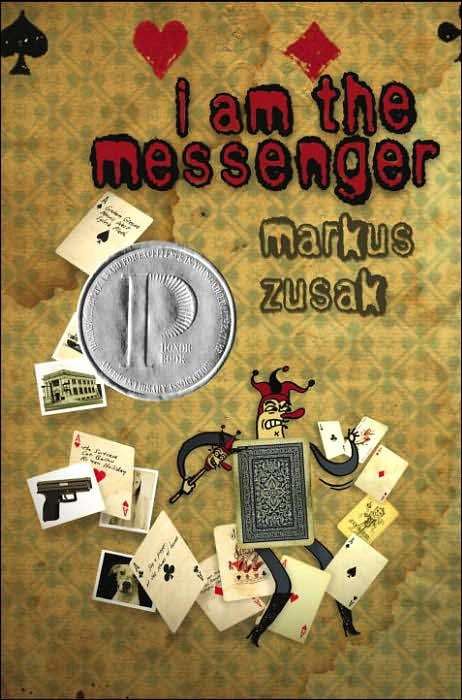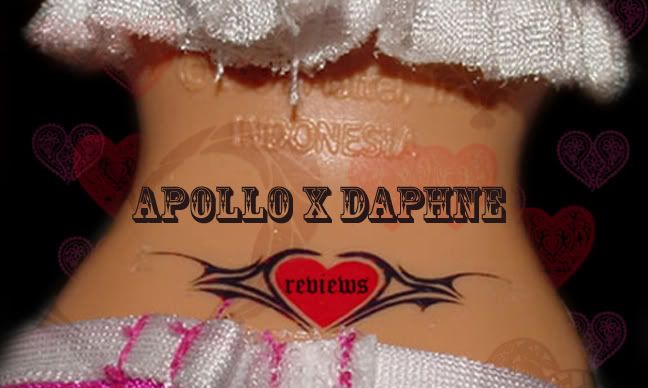
A long, long time ago, I can still remember when this book was fresh and unbent on my desk. I opened it up in the dead of night and read the first page. It may not have made me dance, but it was definitely one of the most unorthodox orthodox books I've ever read.
So let's hop to it.
The first thing to know about this book is that it is designed by Zusak from the ground up to be a cliché so hackneyed that at first you're going to want to gag. But as you read through it, you'll be so far into the hero's mind that you won't even notice the time go by.
But the question is, who is this protagonist? Who could be so cliché and yet so entrancing? Why, Ed Kennedy, of course. He's simply a deadbeat, underage cab-driver in a nameless city in Australia with no aspirations, a verbally-abusive mother, three equally deadbeat friends, and a dog who smells like the plague. And by the end of MESSENGER, you're going to love him.
A teacher once said that hind-sight is twenty-twenty, and it's true in the case of MESSENGER; you'll find yourself looking back at Ed Kennedy a lot. What appeared to be a story about a mysterious Ace that came in the mail will suddenly look like one man's philosophical journey from apathy to moxie. What appeared to be a neatly wrapped tale, complete with bow and ribbon, will be revealed as a story so powerful you'll actually consider keeping your new year's resolutions. And most of all, someone who appeared to be a schlemiel turns out to be a hero you would actually cheer for.
Throughout the book, moments of clarity and success bring each section (nonchalantly marked with card numbers and suits) to a cohesive close before pulling the reader back into the story. Symbolism between elements of the story and the cards' suits add a nice touch to an already glowing flow of events.
-Yarn
So let's hop to it.
The first thing to know about this book is that it is designed by Zusak from the ground up to be a cliché so hackneyed that at first you're going to want to gag. But as you read through it, you'll be so far into the hero's mind that you won't even notice the time go by.
But the question is, who is this protagonist? Who could be so cliché and yet so entrancing? Why, Ed Kennedy, of course. He's simply a deadbeat, underage cab-driver in a nameless city in Australia with no aspirations, a verbally-abusive mother, three equally deadbeat friends, and a dog who smells like the plague. And by the end of MESSENGER, you're going to love him.
A teacher once said that hind-sight is twenty-twenty, and it's true in the case of MESSENGER; you'll find yourself looking back at Ed Kennedy a lot. What appeared to be a story about a mysterious Ace that came in the mail will suddenly look like one man's philosophical journey from apathy to moxie. What appeared to be a neatly wrapped tale, complete with bow and ribbon, will be revealed as a story so powerful you'll actually consider keeping your new year's resolutions. And most of all, someone who appeared to be a schlemiel turns out to be a hero you would actually cheer for.
Throughout the book, moments of clarity and success bring each section (nonchalantly marked with card numbers and suits) to a cohesive close before pulling the reader back into the story. Symbolism between elements of the story and the cards' suits add a nice touch to an already glowing flow of events.
-Yarn

No comments:
Post a Comment